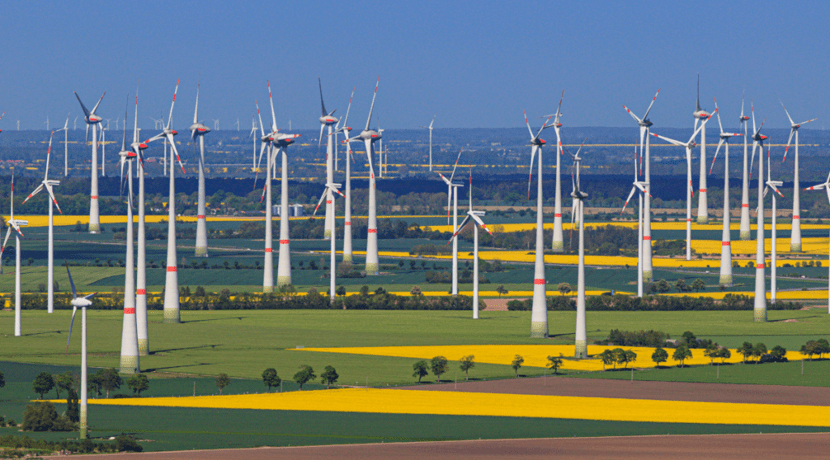Accelerated energy transition would bring economic benefits to Germany
Wind energy and co. March 13, 2024 9:07 p.m. Robert Klatt The German economy would benefit economically from an accelerated energy transition, although significant investments would be required initially. Frankfurt am Main (Germany). Germany has set itself the goal of becoming CO₂ neutral by 2045. However, the climate neutrality target agreed in the Paris Agreement […]

Wind energy and co.
Robert Klatt
The German economy would benefit economically from an accelerated energy transition, although significant investments would be required initially.
Frankfurt am Main (Germany). Germany has set itself the goal of becoming CO₂ neutral by 2045. However, the climate neutrality target agreed in the Paris Agreement may not be achieved if the current pace of the energy transition does not continue. do not accelerate. However, to accelerate the energy transition, significant investments would be necessary, for example in the installation of new wind turbines, which Germany would have, according to a study by the Institute for Energy Economics at the University of Cologne (EWI). install six systems per day.
Analysts from PricewaterhouseCoopers (PwC) have just published a study according to which the Federal Republic could benefit economically despite the high additional costs linked to the acceleration of climate change. The economy would therefore save money in the long term if the necessary measures were implemented more quickly, even if this would initially entail high expenses.
Energy transition scenarios
The researchers modeled different energy transition scenarios for their study. To do this, they calculated investment and energy costs and took into account all sectors that need energy, including industry, housing and transport.
According to the study data, if Germany develops renewable energies, which already produced more than half (56%) of electricity in 2023, and heat networks at an unchanged rate, the climate objectives will not be not achieved by 2045. The economic costs of the status quo scenario amount to 13.3 trillion euros.
In the accelerated energy transition scenario, Germany would significantly accelerate the development of renewable energy and heat networks in order to achieve climate targets by 2045. This would result in total costs of 13.2 trillion euros by 2050.
High savings in the long term
According to Nicolas Deutsch, Germany would not only save 0.1 trillion euros in the accelerated scenario, but would also benefit from significantly greater economic benefits in the long term. These result from savings on energy costs.
“Investment costs in the energy transition are an important cost driver, but energy costs should not be neglected here. »
The study therefore concludes that the higher costs of a faster energy transition would be offset in the long term by savings in other areas. The authors therefore recommend reducing CO₂ emissions as quickly as possible.














